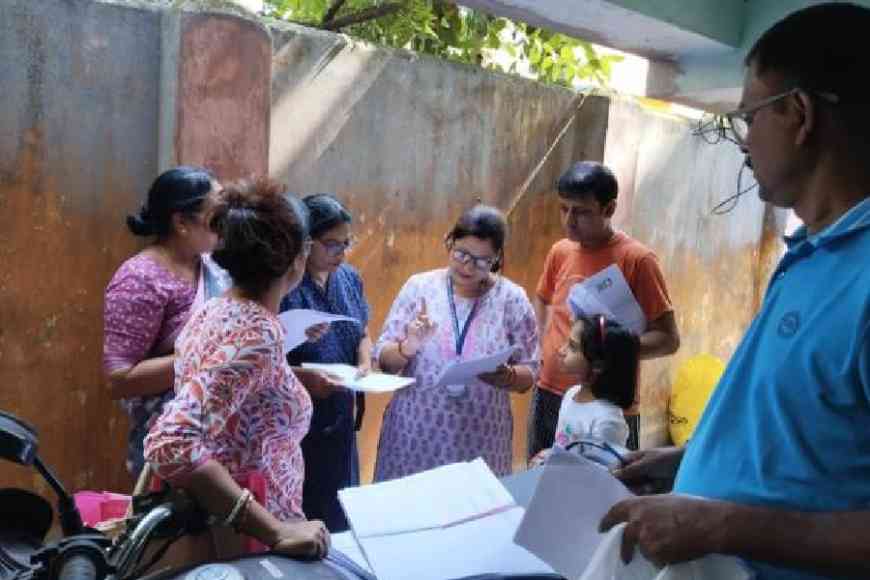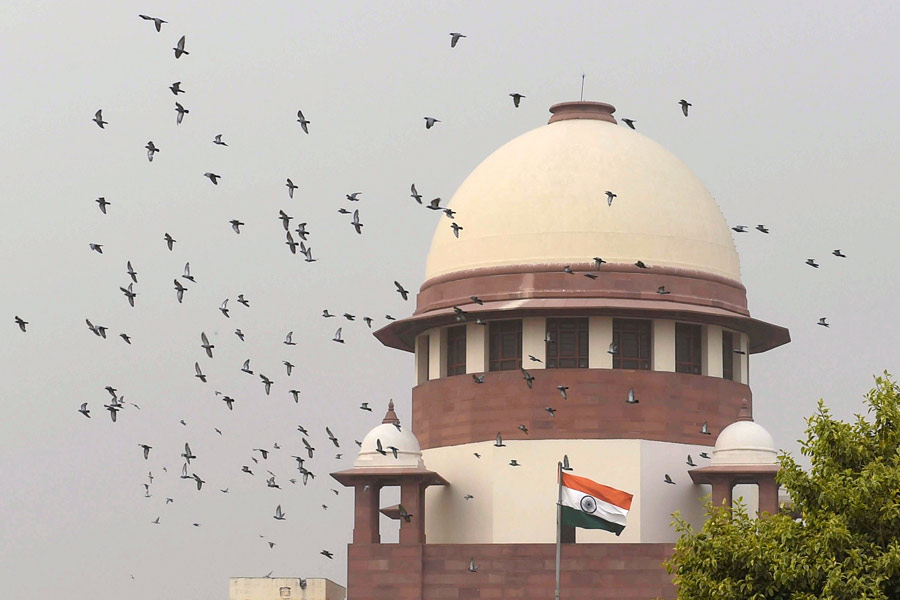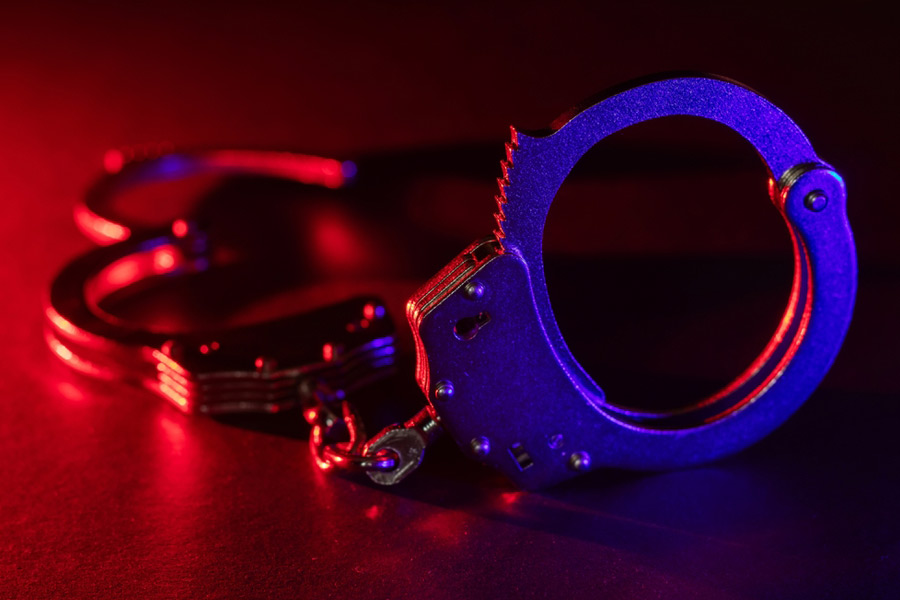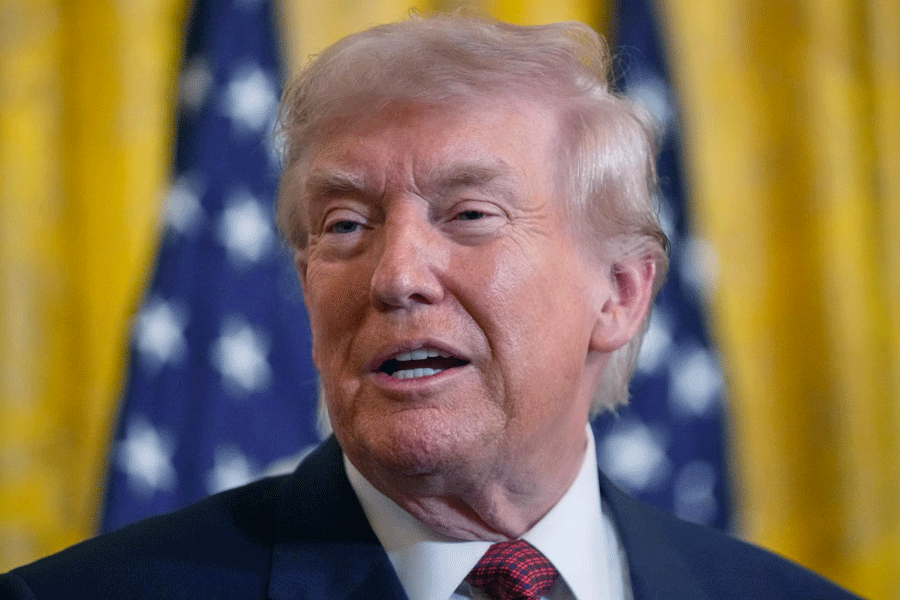Nearly a week after the initiation of the special intensive revision (SIR) of the electoral rolls in Bengal, numerous questions remain unresolved, and a pervasive anxiety about being excluded persists.
A 65-year-old army officer and his wife were waiting for the booth-level officer (BLO) who was out distributing enumeration forms in the neighbourhood on Saturday afternoon in a pocket of Ward 118, a part of the Behala West Assembly seat.
“I was posted in Jammu and Kashmir in 2002. I did not vote there. My name is not on the 2002 list. My father died when I was very young. What do I do now?” he asked the BLO.
His wife was also in Jammu and Kashmir, but her parents’ names were on the 2002 voter list in Bengal.
The BLO, schoolteacher Mousumi Mondal, paused to think before advising the man: “You give your mother’s details in the space meant for 2002 details (in the enumeration form)”.
But she was not as sure-footed when it came to the retired soldier’s two sons.
“What will happen to my sons? Neither of their parents’ names is on the 2002 list,” asked the man.
Mondal said the enumeration forms should be filled with the 2025 details of their children, and the 2002 slots should be left blank. “Some documents will be needed during the verification process,” she said.
At another corner of the city, a railway official and his wife spent the past three nights wide awake, searching the 2002 electoral rolls online.
His wife was not a voter in 2002. She lived with her parents in Dum Dum Cantonment.
“She could not remember the polling station her parents visited. We first searched the voters’ list at the polling station closest to her maternal home, but could not find her parents’ names. That is when the tension started,” said the official.
Over the next couple of nights, they continued searching one polling station after another. “We finally found her father’s name at another polling station and heaved a sigh of relief. We must have scrolled past more than one lakh names,” said the official.
Another woman in south Calcutta is worried because her parents’ names were missing in the 2002 voters’ list. They were in Visakhapatnam, where his father was posted. She herself was a minor in 2002.
“I have several identity proof documents, including a passport. However, this entire exercise raises doubts about our legitimacy as citizens. It is as if we have to prove that we are Indians. That I find disturbing,” said the voter of Jadavpur constituency.
But not everyone can address their concerns with data and documents.
A woman in her late 30s who lives on the southern fringes of Calcutta is among them. She takes a train from Baruipur to Ballygunge every day and works at various homes as a domestic help. Her husband works at a local eatery.
She was a minor in 2002. Her father died in 1998.
“My mother was a voter in 2002, but there is no document to prove she is my mother. I was not born in a hospital. I don’t have a birth certificate, and I never went to school,” the woman said.
She is not alone. For many from the margins, who toil hard to earn an honest living, the SIR is a spectre of identity loss.










